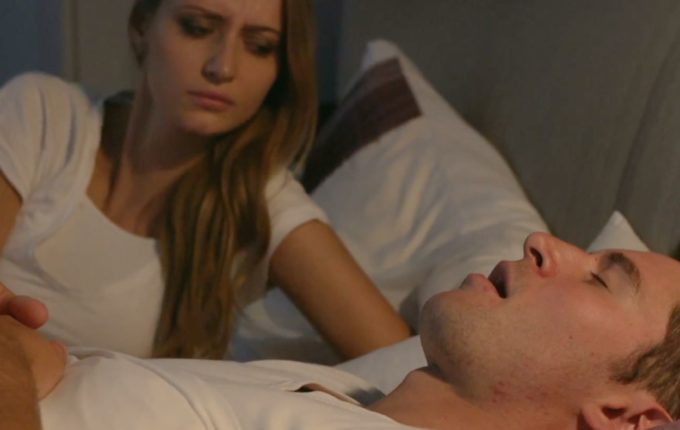How a CPAP Works for Sleep Apnea
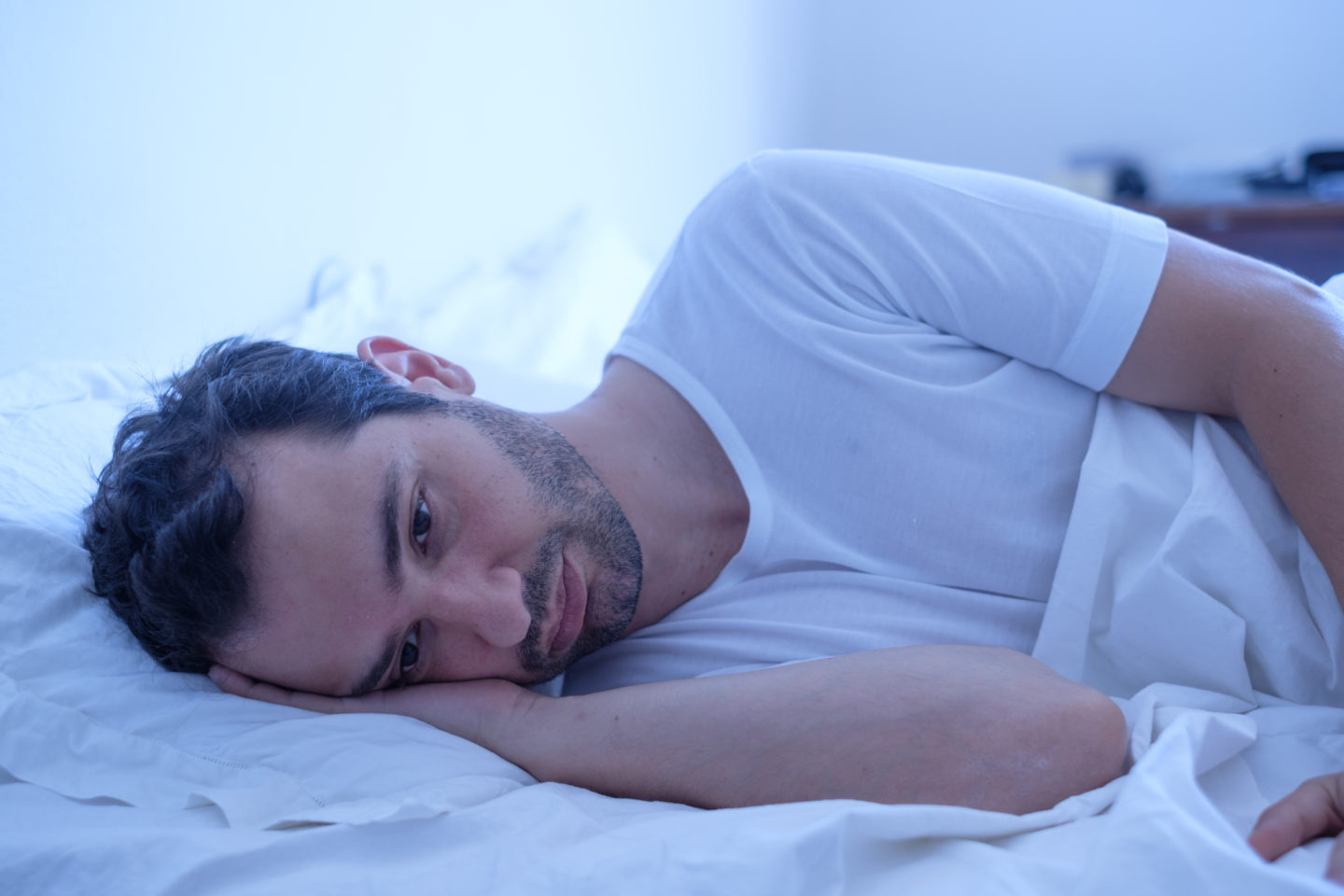
People who have sleep apnea can stop breathing for up to 10 seconds while they sleep. Many individuals do not realize they have sleep apnea, and they can go for years without a diagnosis and suffer from subpar sleep because their body wakes up during the REM cycle. You may see someone with sleep apnea jerk awake suddenly after they have held their breath.
One way to treat sleep apnea is with a continuous positive airway pressure (CPAP) machine. Using this device, sleep apnea sufferers can get the full night’s sleep they desire, ending the cycle of inadequate sleep.
What Is a CPAP?
A CPAP machine consists of a main device attached to tubing that ends in a mask. You slip the mask on over your face and adjust it so that it covers your mouth and nose. The machine keeps up a constant flow of pressurized air to prevent the throat from collapsing and cutting off the oxygen supply.
How CPAP Works
Many people wonder how CPAP works. Here is how: The CPAP delivers air to your mouth and nose, which keeps your tongue, soft palate and uvula from moving into your airway and blocking your breathing. CPAPs can also:
- Decrease the vibrations that make you snore
- Relieve swelling in the nose and remove mucus from your airway
The combination of these benefits will allow you to get the unobstructed breathing you need to sleep peacefully through the night. Using a CPAP can deliver the best night of sleep a sleep apnea sufferer has experienced in years because the constant stop and start of interrupting the REM sleep cycle is eliminated.
You may experience mild side effects when you use a CPAP machine. Some people complain of air swallowing during the night. You can also develop dry mouth from the flow of air. Most users get deep lines on their face from the mask that form overnight because the mask is so snug, but they generally wear off throughout the morning.
That said, you may also experience additional upsides to using a CPAP machine. This therapy may reduce your risk of having a stroke, and it will not worsen your condition if you have asthma or chronic obstructive pulmonary disease.
Are There Any Cases When a CPAP Does Not Work?
In certain rare cases, a CPAP machine does not work. Some people find the machine too noisy and cannot fall asleep when it is on. Others dislike the feeling of the mask on their face, and they may feel too uncomfortable to drift off.
If you cannot use a CPAP, you can consider other long-term solutions to sleep apnea, such as surgery on your airway. This solution is a more drastic and long-term option than using the CPAP machine, which you can start and stop when you want. You could also get a mouth guard specially made to alleviate snoring. In fact, you can get your own customized mouth guard to fight sleep apnea at 209 NYC Dental.
Do you have sleep apnea? Make an appointment with us today to discuss treatment options such as CPAP therapy. Call 212-355-2290.
 Our History
Our History
 Our Providers
Our Providers
 About Us
About Us
 Blog
Blog
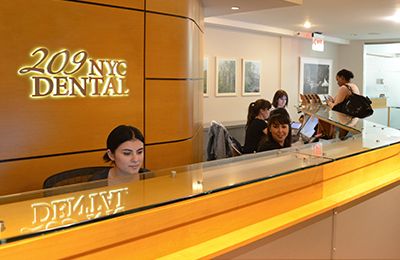 Contact us
Contact us
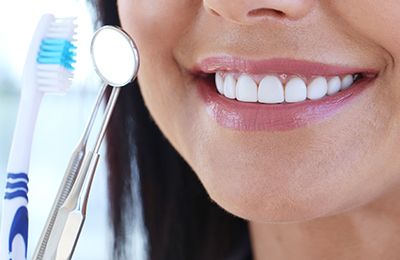 Diagnostic & Preventive
Diagnostic & Preventive
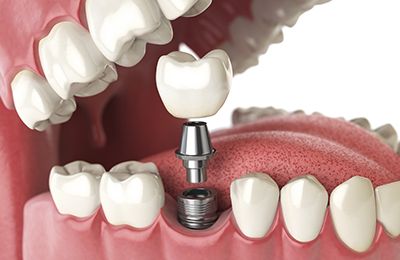 Implant Dentistry
Implant Dentistry
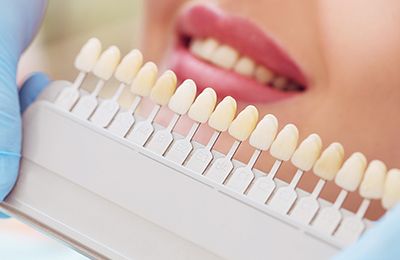 Cosmetic Dentistry
Cosmetic Dentistry
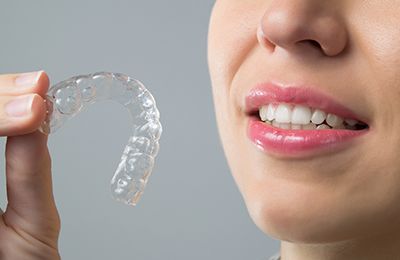 Clear Braces
Clear Braces
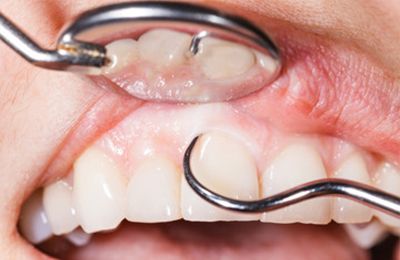 Periodontics
Periodontics
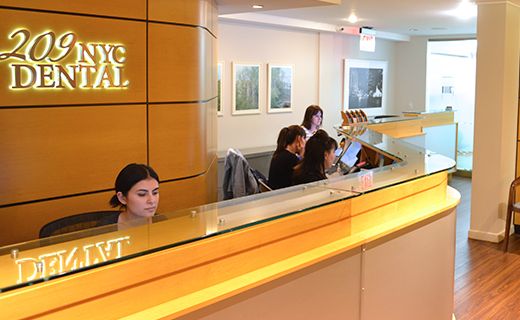 Patient Forms
Patient Forms
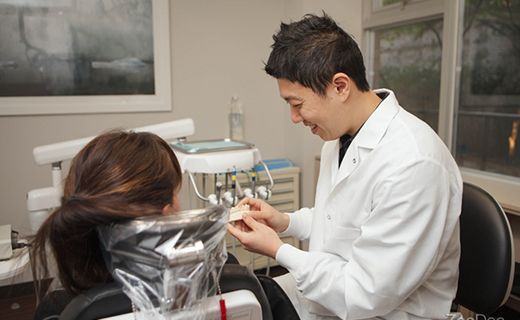 Payment Information
Payment Information
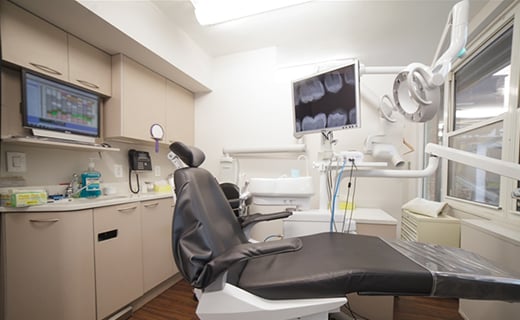 Insurance Options
Insurance Options
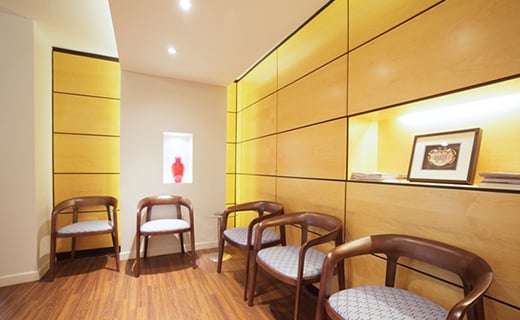 CareCredit Dental
CareCredit Dental
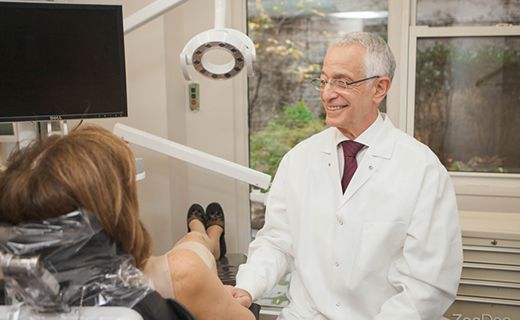 Appointment Policy
Appointment Policy
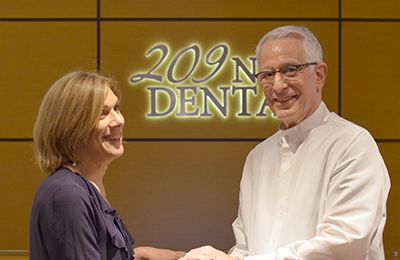 Free Consultation
Free Consultation
 Complimentary Teeth Whitening
Complimentary Teeth Whitening
 Teeth Whitening
Teeth Whitening
